By Flint Whitlock
On August 7, 1945, the day after the atomic bombing of Hiroshima, President Harry S. Truman announced, “The force from which the sun draws its power has been loosed against those who brought war to the Far East. And the end is not yet. If they [the Japanese] do not now accept our terms [of surrender], they may expect a rain of ruin from the air.”
The world was sick of war, commentators said, and many Americans felt that the loss of two cities full of Japanese civilians was a small price to pay in order to halt a war that had already cost more than 50 million lives.
Even before the A-bombs were dropped, Vice Admiral Marc A. Mitscher, who had commanded Task Force 58 in the Pacific, stated that he expected a hundred million Japanese to strap explosives to their bodies and repel the American invaders if an invasion of the Home Islands had been necessary. “A body can stop a tank only if it is attached to dynamite,” he said. “Premier Suzuki has called upon all Japanese citizens to rise up as one suicide corps to stop us. He is not using a figure of speech. Japs take the call to suicide very seriously.”
Author and former Marine William Manchester wrote, “[General Douglas] MacArthur had told Washington that he expected the first stage of that final campaign [i.e., the invasions of Honshu and Kyushu] to ‘cost one million casualties to American forces alone.’”
Americans were divided about the moral implications that the use of atomic weapons had brought about. Despite the perceived need to end the war, negative public and political fallout surrounding the destruction of Hiroshima and Nagasaki began almost immediately.
The New York Times, calling the A-bomb perhaps “the most stupendous military and scientific achievement of our time,” also editorialized that the explosion that wiped out Hiroshima was heard “morally around the world.”
Hanson W. Baldwin, military editor of the New York Times, noted on August 7, 1945, “Yesterday we clinched victory in the Pacific, but we sowed the whirlwind.”
A Filipino living in New York protested the selection of Hiro-shima as the target—it should have been Tokyo, he opined. Another called the use of the bombs “indiscriminate, inhuman, and un-Christian…. It is simply mass murder, sheer terrorism on the greatest scale the world has yet seen.” Another commented, “Man is too frail a being to be entrusted with such power as atomic energy possesses.”
Reaction from overseas, too, was swift and divided. British newspapers reported that many Britons were horrified by the news of the super weapon. “Is there to be no protest against the crime [of bombing Hiroshima]?” wrote one reader. “In the name of humanity, let us stop and ask ourselves where we are marching,” wrote another. “Japan has never aroused my sympathy until today,” commented a third, “and now my heart goes out to her.”
The Catholic Herald of London called the use of the weapon “absolutely indefensible, appalling, and immoral.” The Vatican City newspaper, Osservatore Romano, too, condemned the use of the bomb “under the impetus of passions, of hatreds, of conquest…. The last twilight of the war is colored by mortal flames never before seen on the horizons of the universe.”
On the other side, a minority of British letter writers agreed with one man who said, “It is our duty to use the new weapon against Japan,” and a British tabloid editorialized that the use of atomic bombs could be justified only if it brought the end of the war.
“At Last the Job is Finished”
After Nagasaki, once the Japanese signaled their intention to surrender, immense relief was felt by American fighting men around the world. American servicemen, many of whom were in units that were on orders to take part in the invasion of Japan, had no misgivings. “Thank God for Harry Truman and the atom bomb,” was the common refrain. One hospitalized submariner said, “I felt no pity whatsoever for the Japs; we could have exterminated the whole race and it wouldn’t have bothered me one bit.”
LIFE magazine reported that GIs in Germany were “jubilant. They are all figuring that peace in the Pacific will save them from being sent out for more fighting.” The less jubilant Germans were grateful that the bomb had not been developed a few months sooner and used on them.
In a troop-filled C-47 transport aircraft heading home from Austria, a U.S. Army infantry colonel said nothing, but simply looked out the window. “In a little while there were tears running down his cheeks,” a correspondent noted.
In Philadelphia, an Army private stopped a U.S. nurse on the street and said, now that the war was almost over, he wanted to kiss every girl he could find. “Well, what are you waiting for, soldier?” replied the smiling nurse.
In London, Winston Churchill celebrated quietly by lighting a fresh cigar and declaring, “At last the job is finished.”
U.S. Secretary of War Henry L. Stimson stated, “With the release of atomic energy, man’s ability to destroy himself is very nearly complete. The bombs dropped on Hiroshima and Nagasaki ended a war. They also made it wholly clear that we must never have another war. This is the lesson men and leaders everywhere must learn, and I believe that when they learn it they will find a way to lasting peace. There is no other choice.”
General Carl Spaatz, whose air force had dropped the A-bombs, asked rhetorically, “Wouldn’t it be an odd thing if these were the only two atomic bombs ever dropped?”
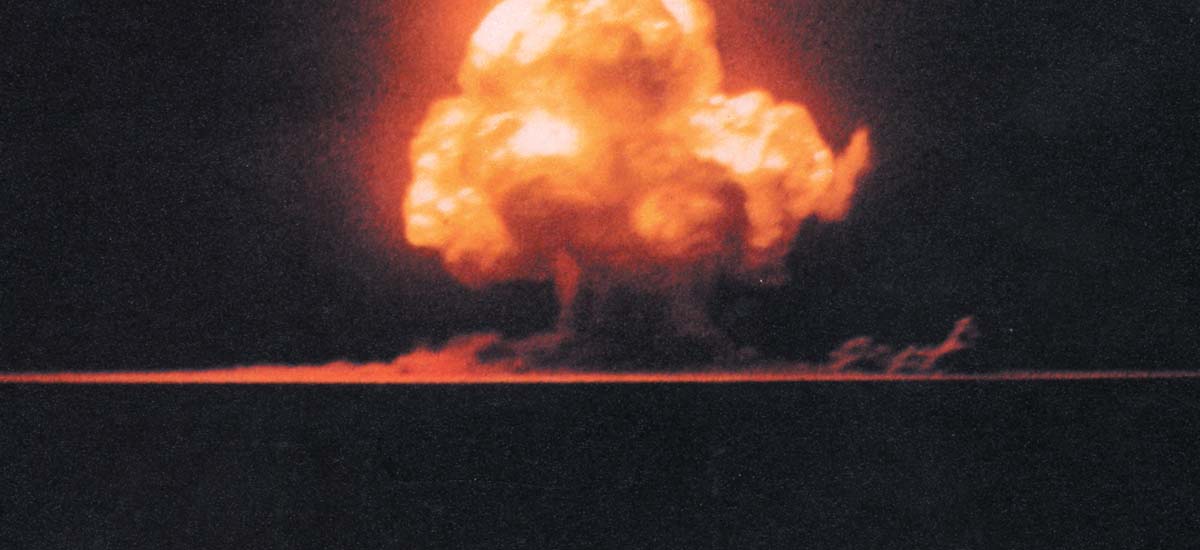
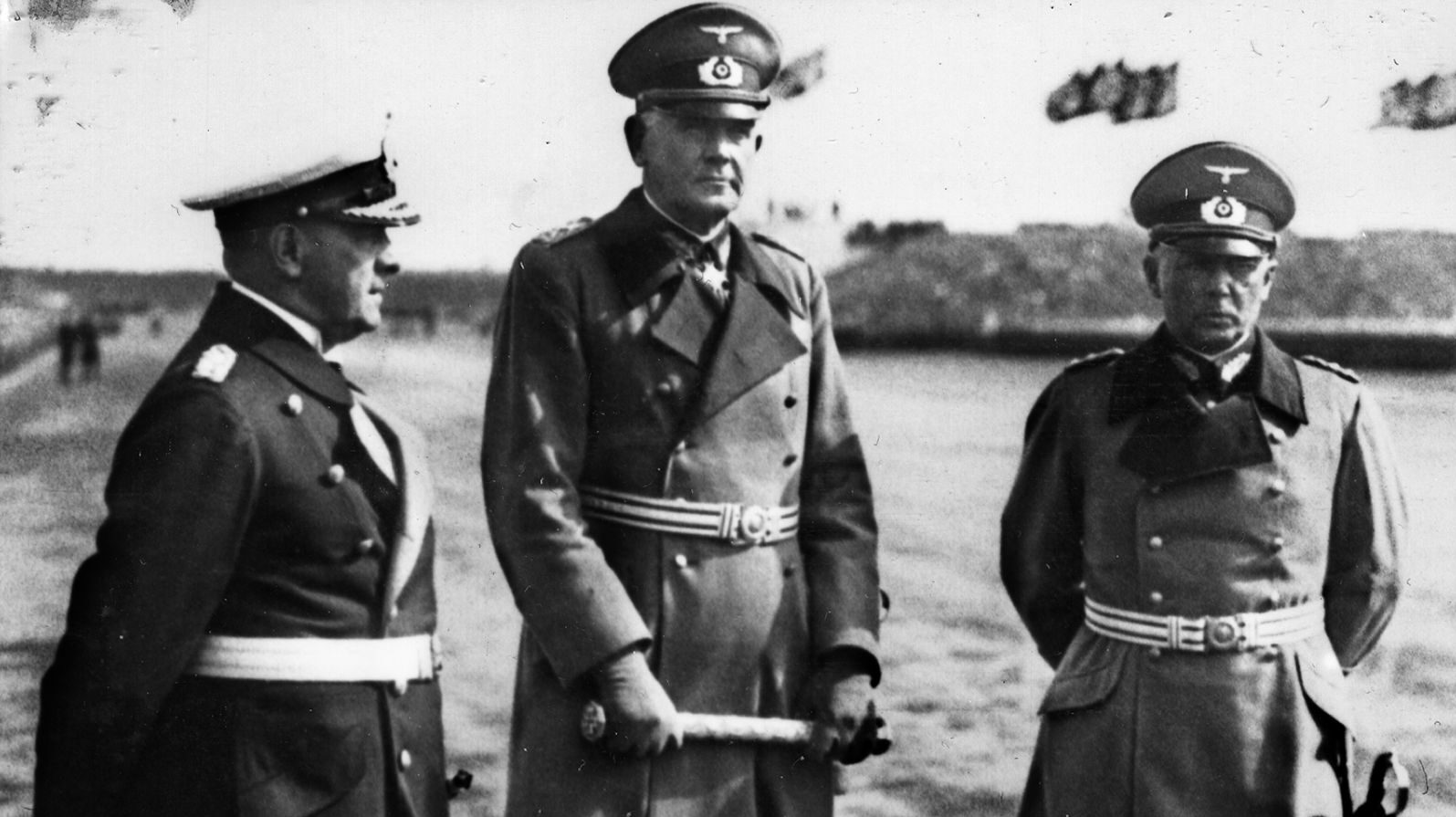
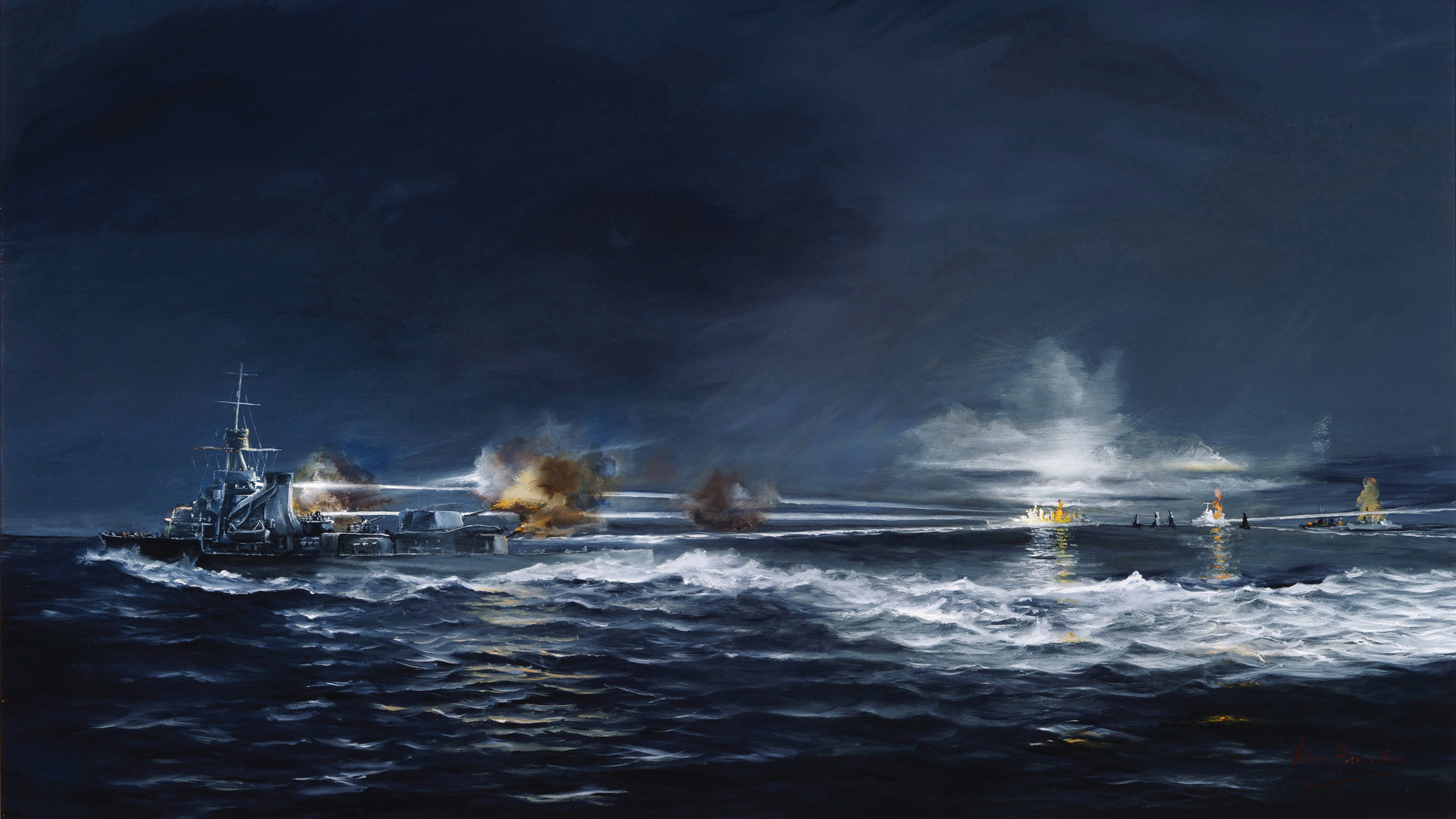
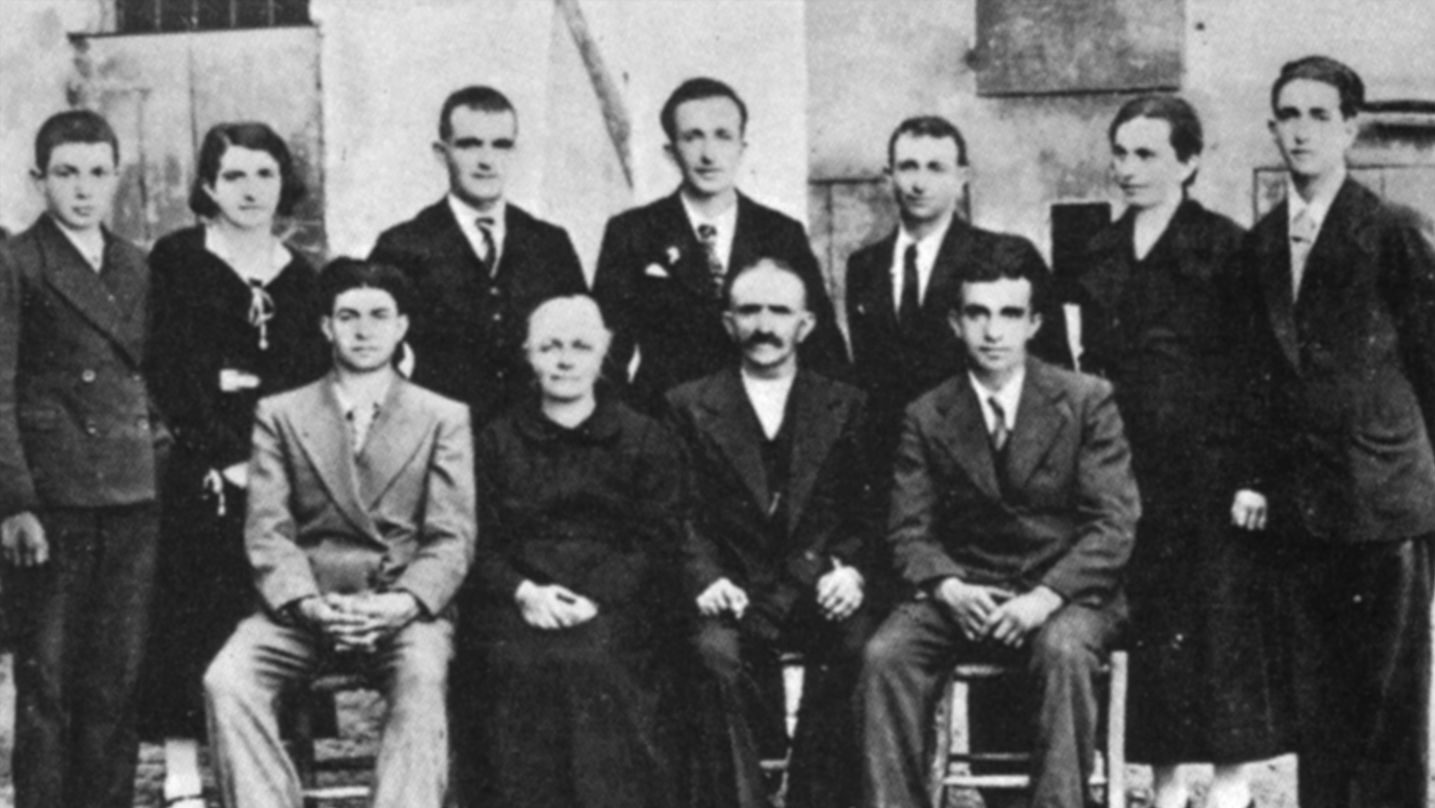
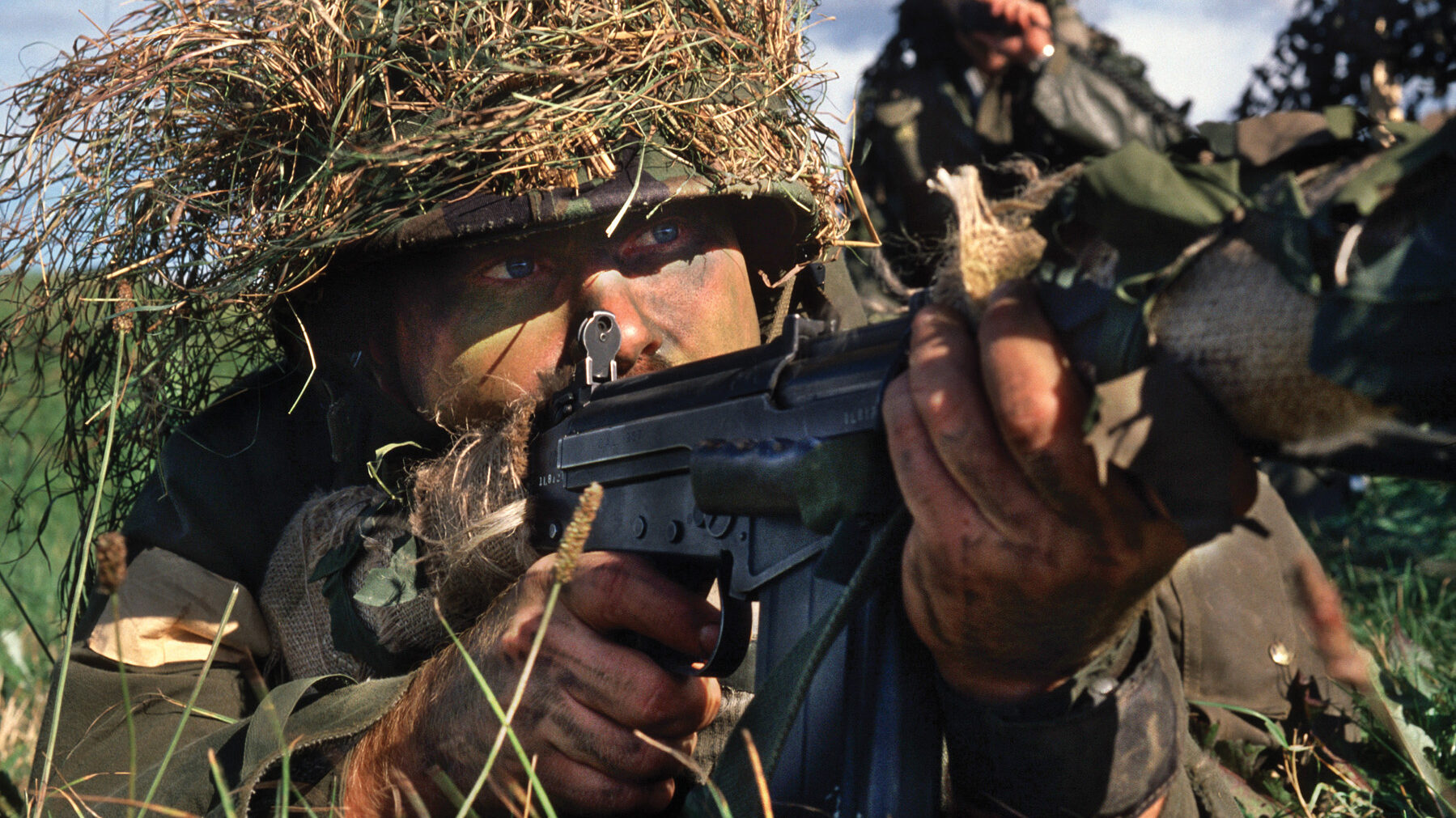
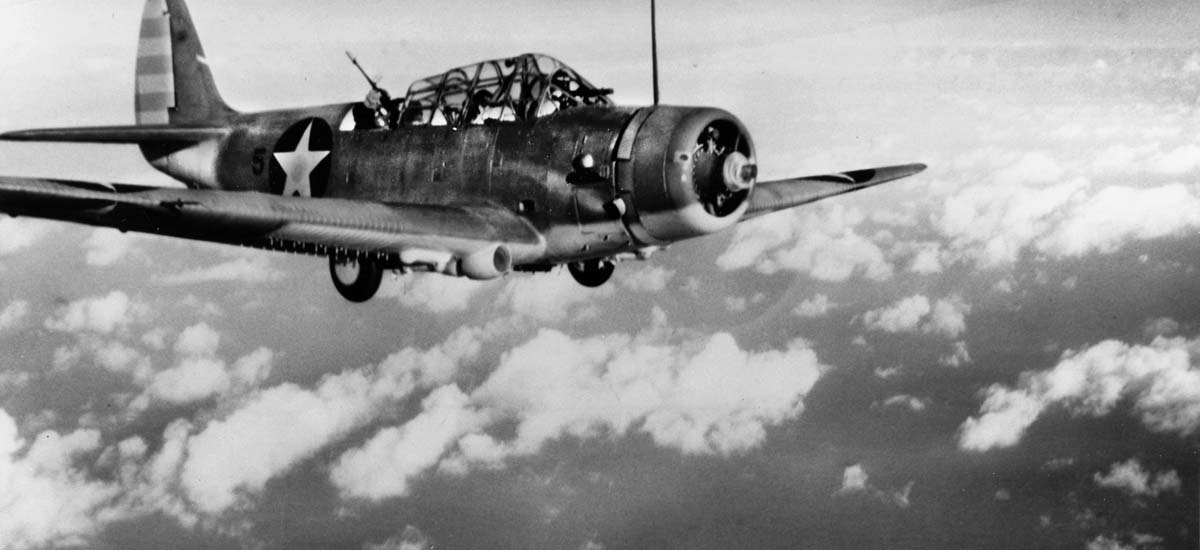
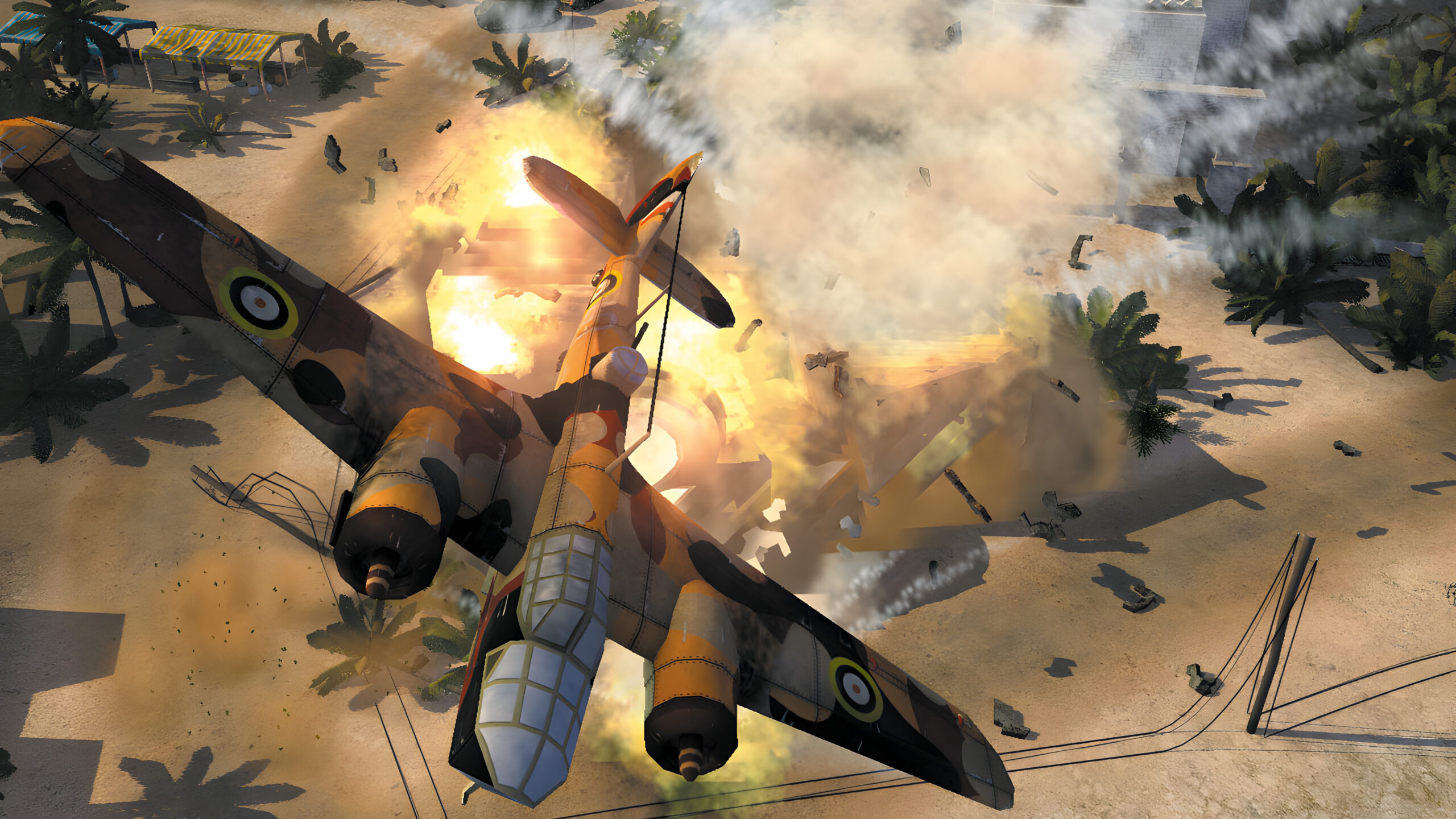

Join The Conversation
Comments
View All Comments